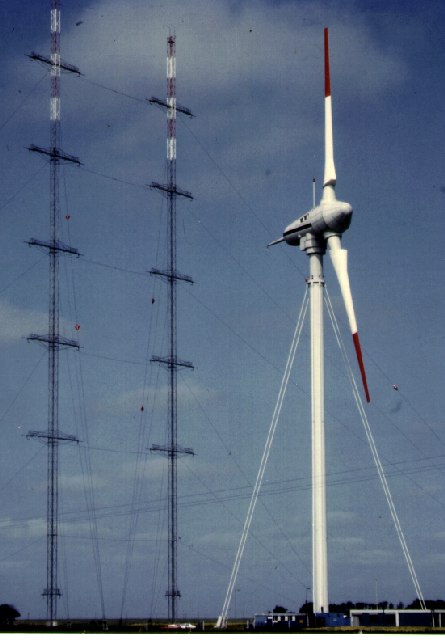
Here's why I did *not* sign the letter published today by a coalition of advisory councils to the government on a sustainability transition - despite having been involved from the beginning and having been invited to do so as a member of @umweltrat (which did not sign, either).
I had very much hoped that such a joint letter by top-level advisory bodies would happen: to emphasize that the time for further delay in the ecological and climate crisis is over. Politicians proclaim this decade to be one of decisions - but much remains to be done.
On the face of it, the letter reads nicely. Certainly a forceful appeal to politics?! But on 2nd reading - in my reading - there's a huge and problematic gap behind the words. Which is a problem.
Text: t1p.de/weba
Article at SZ (paywall): t1p.de/a679d
Text: t1p.de/weba
Article at SZ (paywall): t1p.de/a679d
So: The letter speaks of the need for a transition to sustainabilty, maintaining planetary boundaries while ensuring social cohesion. Good. But then it carefully avoids mentioning any of the critical policy issues now clearly on the table - it avoids the key implications.
It avoids mentioning:
* the 1.5 deg target and a credible, just path;
* a limited CO2 budget;
* faster exit from coal;
* phasing out fossil gas;
* restricting hydrogen to green H2;
* phasing out fossil engines;
* restoring nature
* increasing CO2 pricing;
* state investments.
* the 1.5 deg target and a credible, just path;
* a limited CO2 budget;
* faster exit from coal;
* phasing out fossil gas;
* restricting hydrogen to green H2;
* phasing out fossil engines;
* restoring nature
* increasing CO2 pricing;
* state investments.
All parties (except the far right) subscribe to 1.5 deg as a target. But this letter makes no mention of it or convincing decarbonisation paths toward it, and what these take. The German Constitutional Court obliged the government to consider a just path using a CO2 budget.
The letter described the decline of fossil energy use as a function of the deployment of renewables, not the reverse: making the deployment of renewables dependent on the scientifically required emissions reduction path. (I fear this opens a door to delay and obstruction.)
The text calls for building a hydrogen economy when an extensive @umweltrat analysis published just this May finds that hydrogen is climate-neutral only if it is green (not based on fossil gas) and will remain scarce because it is energy-intensive, i.e. requires strategic use.
The letter does not address a phasing-out of fossil combustion engines for cars, speaking merely of low-emission mobility in general terms. It does not speak of ecological restoration in overused landscapes - but of essential ecosystem services to society.
It also claims that unless there are efforts, the current path will lead to a transgression of planetary boundaries - but these are already transgressed: 4 of 9 are, including the essential ones of climate change, extinction rate, anthropogenic nitrogen and deforestation.
In other words, while dramatic calls for the conservation/restoration of nature are being launched, incl. by business groups, as the COP of the Convention on Biological Diversity kicks off, as critical climate negotiations are ahead at COP26, this letter skirts hard conclusions.
What is happening is a form of ecological business as usual: on the basis that a compromise needs to be palatable to all parties, the ecological alarms get buried under words and preemptive taking-into-account of potential political and economic objections and interests.
I've long felt that a joint declaration by the scientific and stakeholder councils advising the government would be a strong, desirable signal: a call to take the need for a transformation seriously. That is why I invested time to help shape it. But the outcome was insufficient.
This is a climate crisis. This is an ecological crisis. It is serious, it's mounting. It's urgent. This is not the time for the usual gaps between words & implications. It's time for confronting what's needed. There are already too many vague words. That is why I did not sign.
This is a personal statement and not in the name of @umweltrat, of which I am a member and for which I would have co-signed. The official statement by SRU is: "From the viewpoint of SRU the final version of the letter lags too far behind what is ecologically necessary ...
... and therefore behind what the council has advised. This concerns for example the need for a reduction path that is compatible with the Paris climate agreement and a correspondingly earlier exit from coal, or for a hydrogen strategy that relies only on hydrogen produced ...
... with renewable energy. For these reasons we have ultimately decided not to sign."
Of course I wish the letter success. I hope it contributes, in its way, to forming a next government that finds the will, strength and the avenues to implement strong, integrated policies of sustainability, climate protection and ecological restoration. We share that goal.
• • •
Missing some Tweet in this thread? You can try to
force a refresh














